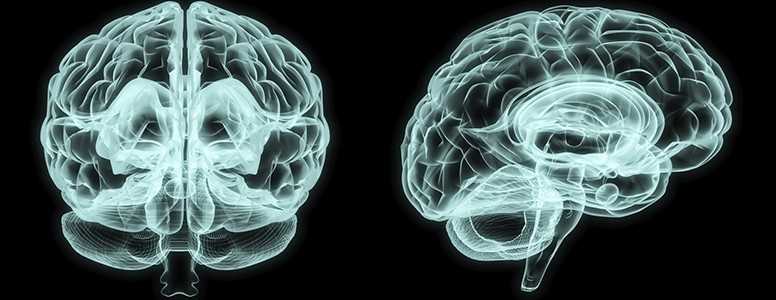Ketogenic diets could help to reduce brain inflammation after a stroke, researchers have said.
Scientists from the University of California San Francisco (UCSF) believe this discovery opens up potential treatment avenues which could help to reduce harmful brain inflammation following a stroke and brain trauma.
“It’s a key issue in the field – how to suppress inflammation in brain after injury,” said lead author Professor Raymond Swanson. “The idea that we can achieve some of the benefits of a ketogenic diet by this approach is the really exciting thing here.”
Ketogenic diets, which are low-carb and high-fat, are currently being studied as a treatment for diabetes given the benefits on blood glucose control and weight loss. The diet has also been linked to helping improve epilepsy and other neurological illnesses.
The diet helps to reduce inflammation by changing the way the body uses energy, breaking down fat into ketones which can be used the body as alternative fuel. However, researchers have previously been unable to precisely understand how the diet influences the immune system.
During the trial researchers used a small molecule called 2-deoxyglucose (2DG) to block glucose uptake and induce a ketogenic state into rats. The team found that 2DG could bring inflammation levels down to almost normal levels.
Swanson said: “I was most surprised by the magnitude of this effect, because I thought ketogenic diets might help just a little bit. But when we got these big effects with 2DG, I thought wow, there’s really something here.”
The team then found that reduced glucose metabolism in the rats activated a protein that suppresses activity of inflammatory genes. The protein is known as CtBP. Subsequently they developed a molecule that blocks CtBP and prevents this inflammation, mimicking the effect of a ketogenic state.
“These interactions provide a mechanism for the suppressive effects of ketogenic diet and caloric restriction on brain inflammation after brain injury,” concluded the researchers.
The results have been published in the Nature Communications journal.
What's new on the forum? ⭐️
Get our free newsletters
Stay up to date with the latest news, research and breakthroughs.





